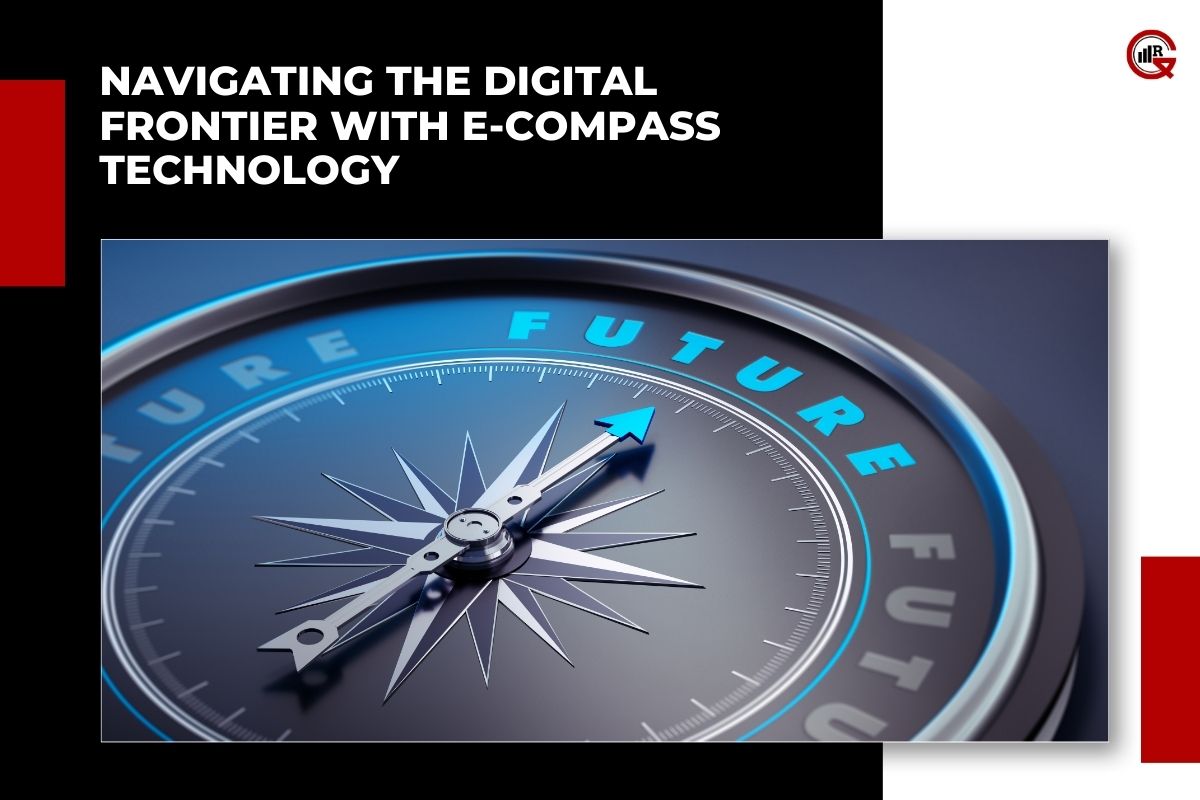In today’s fast-paced, digitally driven world, the way businesses interact with their customers has undergone a significant transformation. At the heart of this evolution lies the modern contact center. Unlike traditional call centers, which primarily handle phone calls, contact centers integrate multiple communication channels, including email, chat, social media, and video, to provide a seamless customer experience. This article delves into the multifaceted world of contact center , exploring their importance, functionality, technological advancements, and future prospects.
The Importance of Contact Centers
Contact centers serve as the frontline for customer interaction, playing a crucial role in shaping the customer experience and maintaining customer loyalty. The importance of centers can be attributed to several factors:
Customer Engagement: Contact centers facilitate direct interaction between businesses and customers, helping to build strong relationships and improve customer satisfaction.
Problem Resolution: Effective centers provide timely and efficient solutions to customer issues, enhancing the overall customer experience and reducing frustration.
Brand Image: The quality of service provided by a center can significantly impact a company’s reputation. Exceptional service can lead to positive word-of-mouth, while poor service can harm the brand image.
Data Collection: Contacts collect valuable data on customer preferences, behavior, and pain points. This information is crucial for businesses to improve their products, services, and customer strategies.
Revenue Generation: By addressing customer needs promptly and effectively, contact centers can contribute to higher sales, customer retention, and overall revenue growth.
Functionality of Modern Contact Centers

Modern centers are designed to handle a variety of customer interactions through multiple channels. Their functionality encompasses several key components:
Omni-Channel Support: Unlike traditional call centers, modern centers offer support through various channels such as phone, email, chat, social media, and SMS. This omni-channel approach ensures that customers can reach out through their preferred method of communication.
Customer Relationship Management (CRM): Contacts integrate with CRM systems to provide agents with a comprehensive view of customer interactions and history. This enables personalized service and more efficient problem resolution.
Interactive Voice Response (IVR): IVR systems automate initial customer interactions, allowing customers to navigate menus and find solutions without speaking to an agent. This reduces wait times and frees up agents for more complex issues.
Workforce Management (WFM): Efficient workforce management tools help contact centers optimize staffing levels, ensuring that the right number of agents are available to handle customer inquiries at any given time.
Analytics and Reporting: Advanced analytics tools provide insights into center performance, customer satisfaction, and operational efficiency. These insights help businesses make informed decisions and continuously improve their service.
Artificial Intelligence (AI) and Automation: AI-powered chatbots and virtual assistants handle routine inquiries, allowing human agents to focus on more complex issues. Automation also streamlines workflows and improves response times.
Technological Advancements
The contact center industry has embraced numerous technological advancements to enhance efficiency and customer satisfaction. Some notable technologies include:
Cloud-Based Contact Centers: Cloud technology has revolutionized contacts by offering scalability, flexibility, and cost savings. Cloud-based solutions enable remote work, quick deployment, and seamless integration with other systems.
Artificial Intelligence (AI) and Machine Learning: AI and machine learning are used to develop intelligent chatbots, virtual assistants, and predictive analytics. These technologies enhance customer interactions by providing instant responses and anticipating customer needs.
Natural Language Processing (NLP): NLP technology allows centers to understand and process human language more effectively. This improves the accuracy and relevance of responses, leading to better customer experiences.
Voice Recognition and Biometrics: Voice recognition and biometric technologies enhance security and streamline authentication processes, ensuring that only authorized individuals access sensitive information.

Robotic Process Automation (RPA): RPA automates repetitive tasks and processes, reducing manual effort and improving efficiency. This allows agents to focus on higher-value activities.
Advanced Analytics: Modern analytics tools provide real-time insights into customer behavior, agent performance, and operational metrics. These insights help contacts optimize their operations and improve customer satisfaction.
Future Prospects
The future of contact is shaped by continuous innovation and evolving customer expectations. Several trends and developments are expected to drive the industry forward:
Enhanced Personalization: As data collection and analytics become more sophisticated centers will offer increasingly personalized experiences. Predictive analytics will enable proactive customer service, anticipating issues before they arise.
Integration of IoT: The Internet of Things (IoT) will play a significant role in centers, allowing real-time monitoring and management of connected devices. This will enhance troubleshooting and support for smart products.
Increased Use of AI and Automation: AI and automation will continue to advance, handling more complex tasks and providing deeper insights. Virtual agents will become more human-like, offering seamless and efficient customer interactions.
Unified Communications: The integration of contact platforms with unified communications systems will enable seamless collaboration between customer service agents and other departments, improving overall service quality.
Remote Work and Virtual Contact Centers: The trend towards remote work, accelerated by the COVID-19 pandemic, will continue. Virtual centers will become more prevalent, offering flexibility and access to a global talent pool.

Focus on Customer Experience (CX): The emphasis on delivering exceptional customer experiences will intensify. Contacts will invest in technologies and strategies that enhance CX, leading to higher customer satisfaction and loyalty.
Sustainability Initiatives: As businesses prioritize sustainability, centers will adopt eco-friendly practices, such as reducing energy consumption and implementing paperless processes.
Conclusion
Modern centers are essential to the success of businesses in the digital age, serving as the primary interface between companies and their customers. By integrating multiple communication channels, leveraging advanced technologies, and focusing on customer experience, contact centers enhance customer satisfaction and drive business growth. As the industry continues to evolve, the adoption of AI, automation, and other innovations will further enhance the capabilities and efficiency of centers, ensuring they remain a vital component of customer-centric businesses. The future of contact centers is bright, promising even more personalized, efficient, and sustainable solutions for businesses and their customers.






